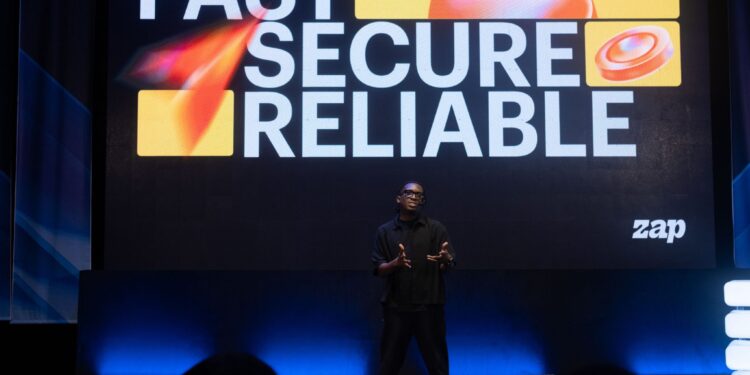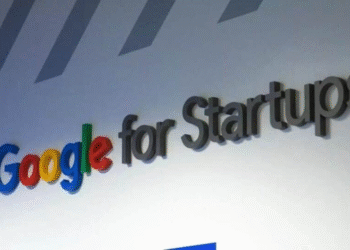On March 24, 2025, Paystack made waves in the fintech industry by launching Zap, a consumer-focused product marking its entry into the B2C space. However, what should have been a seamless rollout quickly turned into controversy due to a naming dispute with Nigerian crypto startup, Zap Africa.
Zap Africa, a crypto company that has operated for over three years, responded to the announcement with a bold statement on X (formerly Twitter): “There is only one ZAP in Nigeria and Africa.” The post quickly gained traction, amassing nearly one million views.
Despite Zap Africa’s claim to the name, the company trademarked “Zap,” under Class 35, covering advertising, business management, and retail services not financial services.
Paystack, on the other hand, reportedly applied for the trademark under multiple classes, including Class 36, which covers financial services. Following this, Paystack allegedly issued a cease-and-desist letter to Zap Africa. In retaliation, Zap Africa also sent a cease-and-desist letter to Paystack, claiming infringement.
Understanding Trademarks in Nigeria
In Nigeria, company names and trademarks serve different legal functions. Registering a business name with the Corporate Affairs Commission (CAC) ensures that no two companies operate under identical names. However, this does not grant exclusive rights to a name beyond corporate identification.
To secure exclusive ownership of a brand name, businesses must register trademarks under relevant classes with the Trademarks, Patents, and Designs Registry. If a dispute arises, the party claiming infringement must prove their case legally, either by enforcing their trademark or through a common law principle known as “passing off.”
Can Zap Africa Win a Legal Battle?
Zap Africa could take legal action, but its case is complicated by its registration in the wrong class. However, it could still argue “passing off” if it proves that Paystack’s Zap is causing consumer confusion or harming its brand.
A similar case occurred when Citilink Accesscorp Limited sued MTN Nigeria for using the trademark WEBPLUS. Despite MTN arguing that Citilink’s trademark had lapsed, the court ruled in Citilink’s favor, awarding them ₦70 million annually in damages from 2014 to 2025, totaling ₦840 million.
What’s Next for Zap Africa?
For now, Zap Africa is seeking an amicable resolution. CEO Tobiloba Asu-Johnson revealed that the company reached out to Paystack but has yet to receive a response. He also expressed concerns about brand confusion, stating that some customers mistakenly believed Zap Africa was rebranding or partnering with Paystack.
Legal experts suggest that one possible solution is negotiation. Paystack could either modify its product’s name to differentiate it from Zap Africa or purchase the trademark rights from the crypto startup.
As the situation unfolds, neither Zap Africa nor Paystack have publicly shared their official trademark certificates. While Paystack referred to the product as Zap by Paystack in an email to users, the company has not officially commented on the dispute.
READ MORE:
Paystack Enters Consumer Payments with Zap, a Fast Money Transfer App
MTN and Airtel unite for network sharing in Uganda and Nigeria




